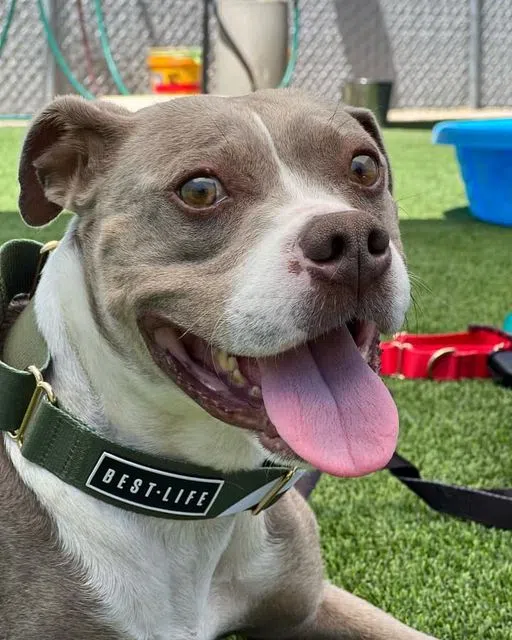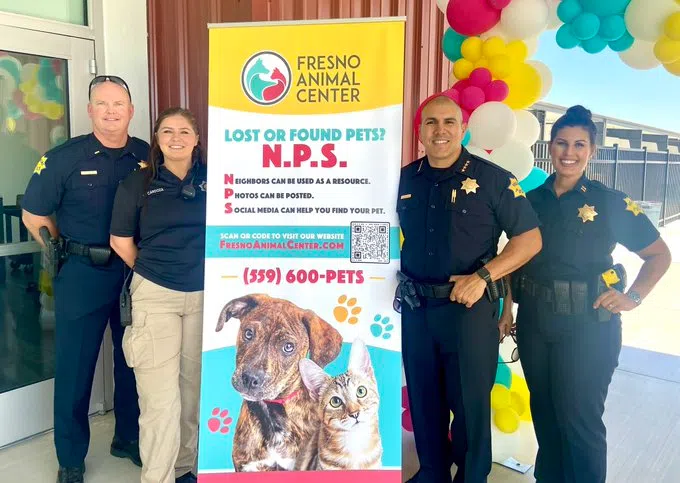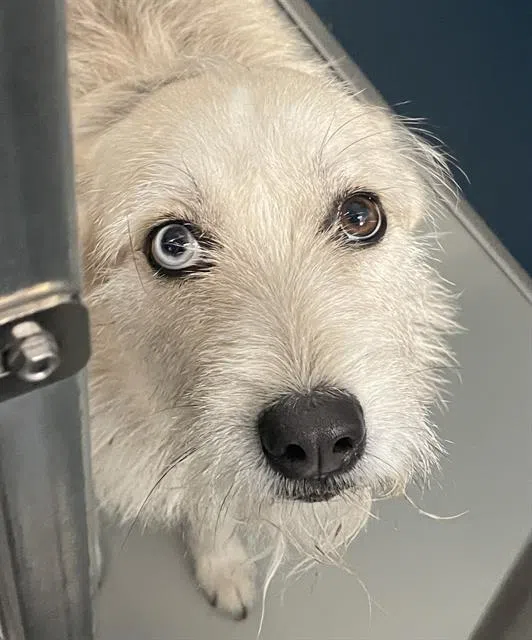
FRESNO, Calif. (KMJ/KFSN) — The Fresno City Council voted unanimously to decrease intake at the City Animal Center, but before the vote, both council and community members raised some concerns and questions.
“Allow funds to be available right now so we can start working on this problem so this doesn’t happen again,” said one speaker.
“What I do believe is this is a logistics issue that we can solve with aggressive spay neuter,” said Kyle Kirkland, Kirkland Foundation Animal Rescue.
Nearly a dozen people spoke during public comment, some impassioned, some offering solutions, while the council considered reducing intake at the City of Fresno Animal Center.
Both the city manager and mayor emphasized this is a temporary move, asking for at least 60 days to fill more than 20 open positions and to get capacity under control.
“Part of what we’ve learned is we have an overcapacity issue at our shelter,” said Mayor Jerry Dyer. “In fact, we have four times the number of dogs and cats in our shelter than we should.”
On top of the estimated 600 animals in the shelter, 900 are being fostered around the city. Until November 30th, Fresno Humane was operating the center for the city. Mayor Jerry Dyer said the contract came to an unexpected end and now the city is working to transfer humane employees to city employees and taking over management.
“Initially, Fresno Humane was going to be our long-term operator,’ said Dyer. “It wasn’t until a few months ago that we were notified by them that they would no longer be operating our facility as well as the county’s.”

Sally Breyer was the operations manager of the center during Fresno Humane’s contract. She said the intention was never for Fresno Humane to manage the shelter long-term. She said stopping intake isn’t a decision she would make.
“I think our job in animal welfare is to take in animals to keep them healthy and safe while we look for their owners, and we know in Fresno the majority of those animals are owned,” said Breyer.

My name is Lolo. I am a female, white and tan Siberian Husky. The shelter staff think I am about 10 months old. I have been at the shelter since Dec 04, 2023.
https://www.fresnoanimalcenter.com/adoptable-dogs/
The city is looking into partnerships to provide low and no-cost spay and neuter and is looking to create partnerships with organizations and veterinarians in the area.
“Right now, we’re all committed to trying to help solve the problem,” said Kirkland. “I think we’d all like to put ourselves out of business frankly by solving this animal overpopulation problem.”
UC Davis is advising the city as they develop plans to move forward. One suggestion they made to keep capacity down long-term was for the city to consider vouchers for other medical procedures so people don’t need to surrender their pets when they can’t afford care. As well as offering more free microchip and collar and tag distributions to help reunite lost pets with their families.




